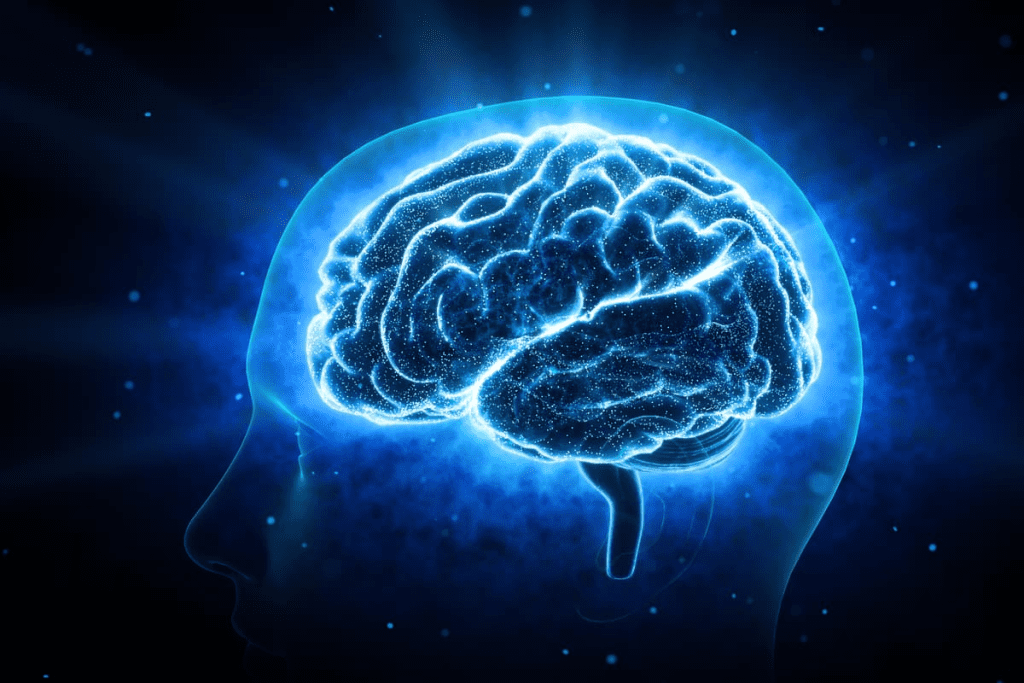
A recent study has shed light on what happens to the human brain as someone dies, and the findings are truly remarkable.
Contrary to the long-held belief that the brain simply shuts down when death occurs, research from 2022, published in Frontiers in Aging Neuroscience, reveals that the brain remains active for a period after the heart stops beating.
The study was conducted by a team of neuroscientists from the University of Tartu, Estonia, led by Dr. Raul Vicente. They investigated the brain of a patient who had been suffering from epilepsy. Initially, the team used continuous electroencephalography (EEG) to monitor the patient’s brain activity and predict seizures before they occurred. However, the patient tragically passed away from a heart attack while under observation, providing the team with an unprecedented opportunity to study the brain during the dying process.
According to Dr. Ajmal Zemmar, a neurosurgeon at the University of Louisville in the US, who helped organize the study, the team measured brain activity for 900 seconds surrounding the time of death. Their primary focus was to observe the changes in brain activity in the 30 seconds before and after the heart stopped beating.
The results were astounding. Scientists observed significant changes in the brain’s neural oscillations, specifically gamma oscillations, as well as delta, theta, alpha, and beta oscillations. These patterns of brain wave activity are typically associated with states like dreaming, memory recall, and meditation.
This finding provides a possible explanation for why people who have near-death experiences often report vivid life memories, or the sensation of their life “flashing before their eyes.” The rhythmic brain waves recorded in the final moments of life appear to be similar to those found during dreaming or deep reflection, suggesting that the brain may be actively recalling significant life events in the moments before death.

Gamma oscillations, which are linked to concentration, memory retrieval, and dreaming, were particularly notable. This discovery suggests that the brain could be replaying important memories or even the most meaningful moments of a person’s life just before death, much like the experiences reported by individuals who have had near-death experiences.
Dr. Zemmar highlighted the broader implications of these findings, challenging our traditional understanding of when life truly ends. He pointed out that the results raise critical questions, especially regarding organ donation and the timing of death. This research could change the way we perceive the dying process, offering new insights into the brain’s activity and its potential to retain consciousness during the final moments of life.
As Dr. Zemmar reflected on his work, he emphasized the emotional weight of delivering news of death to families. He suggested that, although someone’s eyes may be closed and they appear to be at rest, their brains might still be processing and replaying the most cherished moments of their lives.
This groundbreaking research has not only provided valuable scientific insights into the dying process but also touched on deeply emotional and philosophical questions about life, memory, and death.


